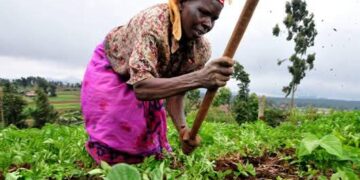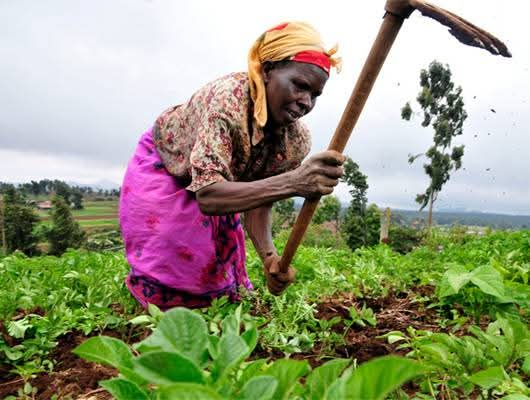OPINION
Agriculture is the backbone of the Ugandan economy, employing over 70% of the population and contributing over 25% of GDP. The sector is also a major source of export earnings, with coffee, tea, and bananas being the top three export crops. The growth of the agricultural sector has had a number of positive benefits for the Ugandan economy. For instance, it has created jobs, boosted export earnings, and helped to reduce poverty, and increased economic growth.
The government has invested in agricultural research and extension services, and it has also provided farmers with access to credit and other forms of support as a result of these efforts, the agricultural sector in Uganda has grown significantly in recent years. For example, Coffee production has increased by over 50% since 2000, and tea production has doubled. The production of other crops, such as bananas, fruits, and vegetables, have also increased.
However, the agricultural sector in Uganda is still facing a number of challenges which includes low productivity, lack of access to markets especially farmers in rural areas, poor infrastructure and climate change.it should be noted that Many Ugandan producers live in remote areas have only limited access to markets and extension services, and also insecure rights to land; these challenges are particularly pronounced in the northern and northeastern parts of the country, therefore, to foster the agri-food system transformation and inclusive economic growth, agricultural productivity will need to increase, while the resilience of agriculture production systems and rural livelihoods to climate and market risks needs to be enhanced.
Additionally, agriculture productivity needs growth and resilience that require better technology, tenure security and sound land management practices as well as the dimension of knowledge on sustainable input through effective extension services. Furthermore, boosting the sector needs higher value addition and job creation, policy implementation and institutional coordination.
It is also important to consider the environmental sustainability of agro-industrialization. This requires balancing economic growth with environmental protection and promoting sustainable production and consumption patterns. To this end, there is a need for investment in climate-smart agriculture, including technologies that can help to mitigate climate change impacts and enhance the resilience of agricultural production systems. Additionally, sustainable practices such as agroforestry, conservation agriculture, and water conservation can contribute to the preservation of the natural resource base and the long-term viability of the agriculture sector.
In conclusion, agro-industrialization holds great potential for accelerating progress towards the SDGs in Uganda. Therefore, by unlocking synergies between different aspects of the agriculture sector, promoting inclusive growth, supporting innovation, and ensuring effective financing, Uganda can build a more sustainable and equitable future for its citizens
By Nuwamanya Mercy,
Email: nuwamanyamercy94@gmail.com







































